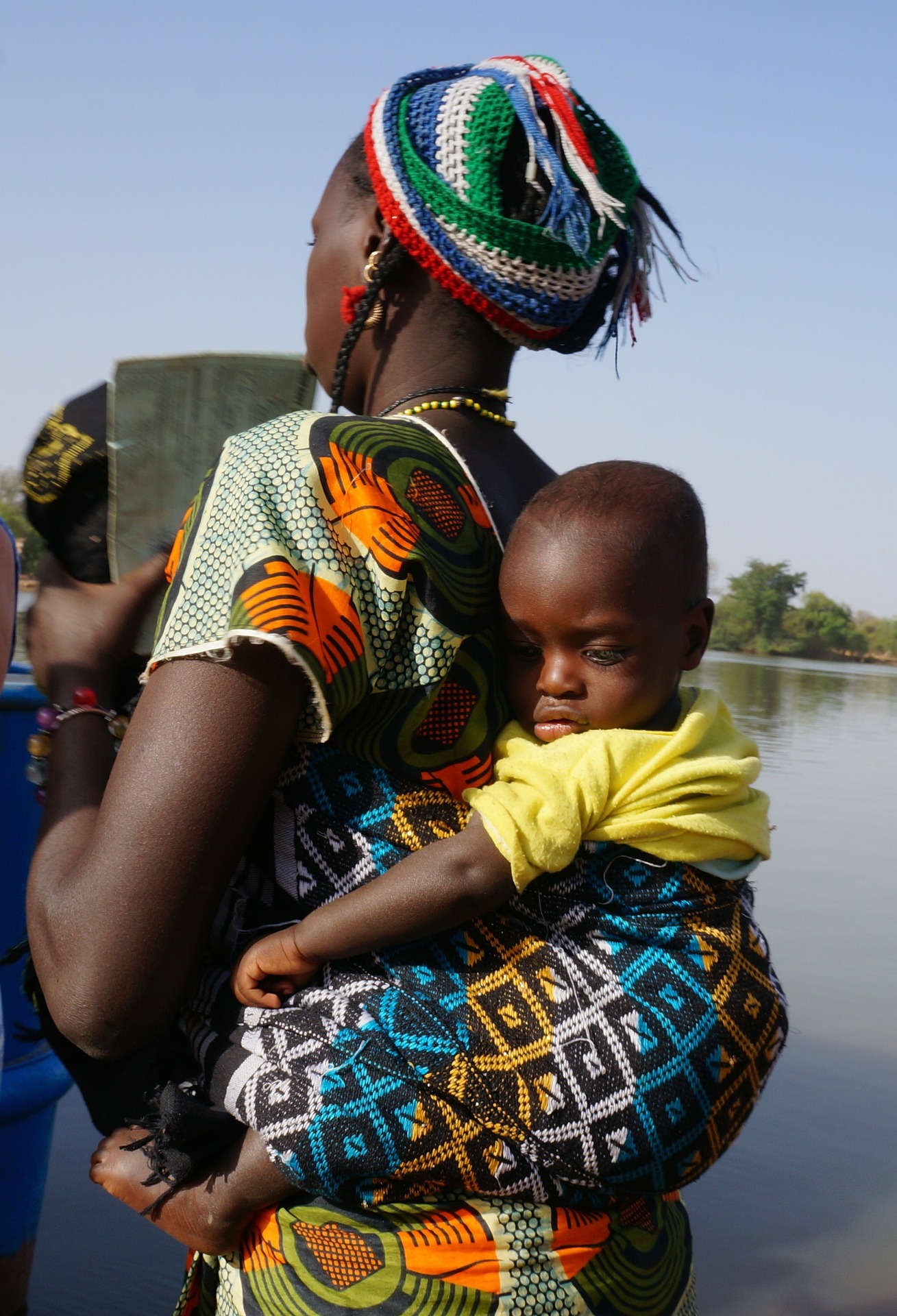Human Rights NGO Equality Now found in a new study that women’s rights in most African countries are undermined by discriminatory family laws.
The study assesses family codes in 20 African countries, analyzing their compliance with the Maputo Protocol and the
UN’s Convention on the Elimination of All Forms of Discrimination Against Women CEDA as well as other relevant global and regional human rights treaties.
Despite reforms in many African family laws, the general trend showed a persistence of inequalities in marriage, divorce, child custody and inheritance and property laws.
While the majority of African countries have ratified the protocols that guarantee women rights, including the Protocol to the African Charter on the Rights of Women in Africa, issues with pluralistic legal systems, where statutory legislation sits alongside customary and religious laws, can make interpretation and application difficult.
in some countries, as in other parts of the world, rape is not outlawed in marriage; in others, women are unable to petition for divorce and have no guarantee of inheriting property on the death of a partner. In nations including Algeria, Cameroon and Nigeria, women receive less inheritance than men.
Countries including the Democratic Republic of the Congo, Kenya and Mozambique have banned child marriage. However, Cameroon, Senegal and Tanzania still allow it. Countries such as Nigeria outlawed child marriage in 2003, but the practice continues in the north of the country, where approximately 50% of girls are married before the age of 18.



